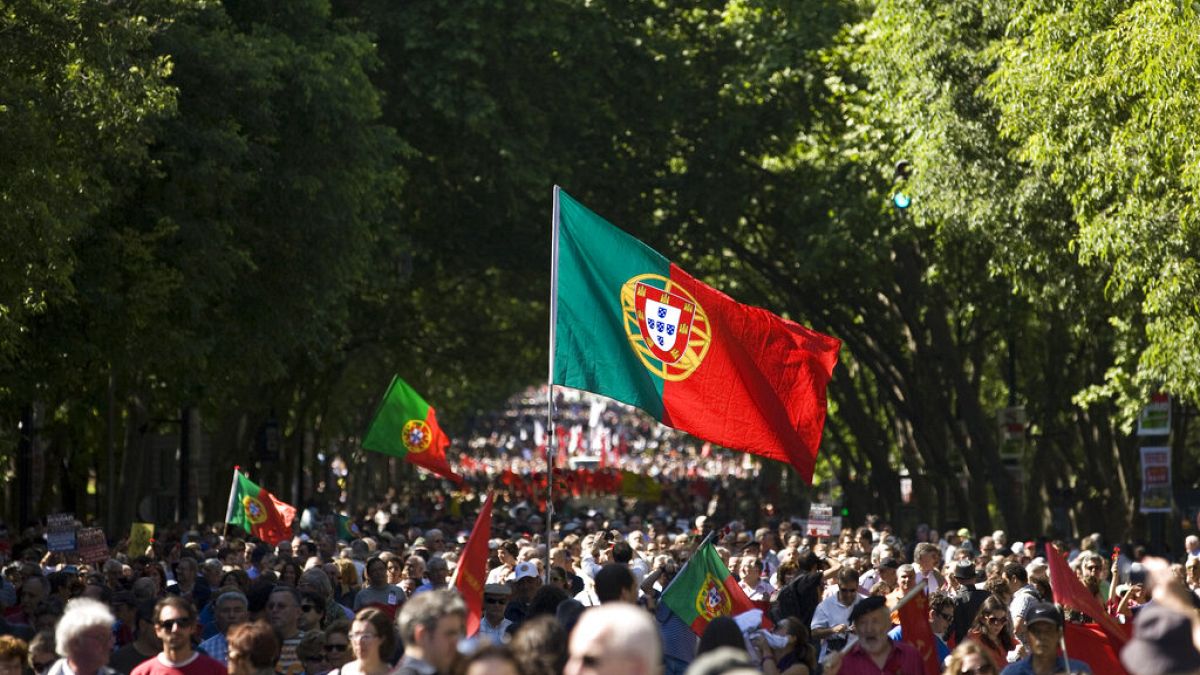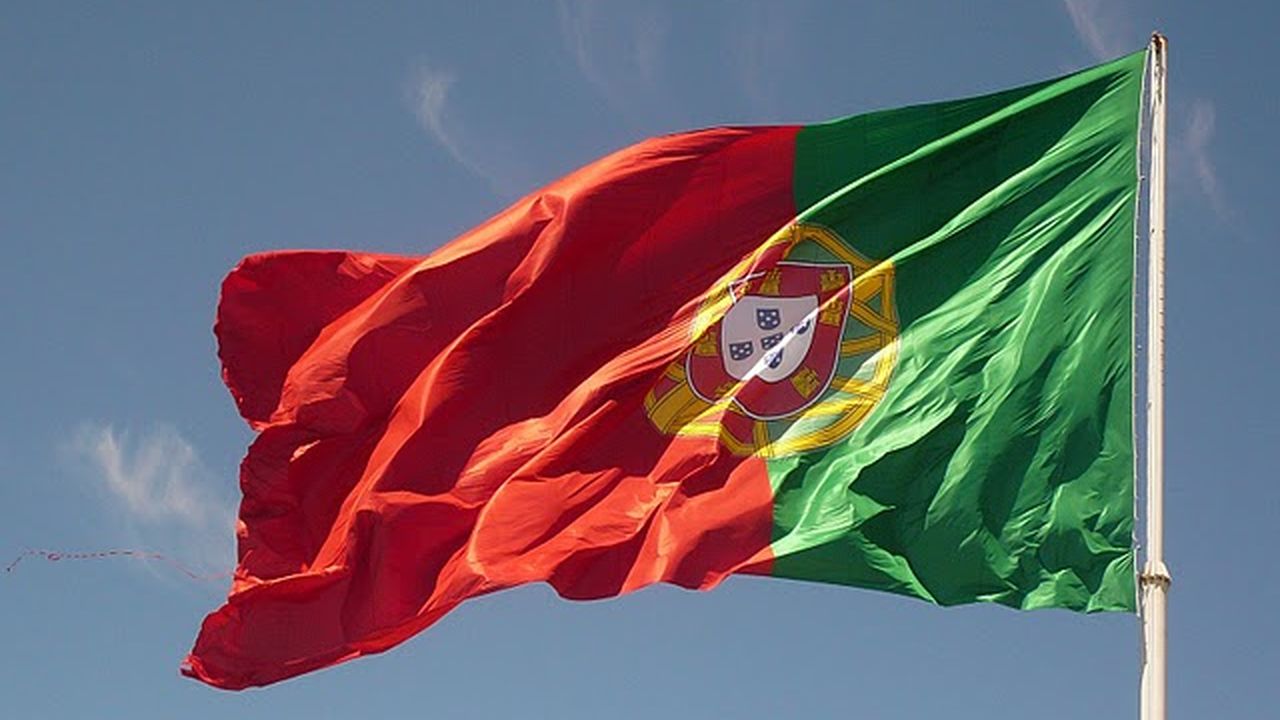
Portugal is doing better today than it did 50 years ago. But the economy's low productivity, unstable working conditions, and deteriorating public services place it lagging behind other European countries.
Portugal celebrates 50 years of democracy. Freedom of the press, free elections, the right to health, strike, education, and many other achievements of the revolution. But every year, during the April 25 celebrations, we discuss what to do.
Social historian Raquel Varela highlights the gains, especially in the workplace, where the Portuguese demanded a range of rights that did not previously exist in the country. But it also highlights building the NHS and education system, which, according to her, has meant for many years “Qualitative progress” On the social plan.
“It is not only about rights, freedoms and guarantees. It is also about the welfare state, job security and protection, because many of these things have unfortunately declined since the end of the 1980s. What remains is the awareness that it is possible to live differently. This utopia is a hope that cannot be erased. There is no room for To undo this point we can go back to material accomplishments, but we cannot go back to the idea of reality. says NOVA FCSH professor.
There is no doubt that Portugal is better off today than it was 50 years ago. But the economy's low productivity, unstable working conditions, and deteriorating public services place it lagging behind other European countries.
as Eurostat dataProductivity per worker in Portugal is 28% lower than the average in Eurozone countries. For at least a decade, Portugal has been at the bottom of the productivity ladder in the single currency area. Within six years, it was surpassed by the three Baltic states (Estonia, Latvia and Lithuania), and within the European Union, by Croatia, Romania and Poland.
To the co-author of the book A brief history of PortugalThe causes of the country's productivity problems are directly related to the fact that capital is more favored than labor.
“There has been, especially since the 21st century, a severe deterioration in public services with rising returns on capital through interest, and therefore loans, and public debt, which will destroy the installed capacity, the production capacity of the country, and also lead to the erosion of public services.” ““says Raquel Varela.
The country's per capita GDP also remains below the European average. In 2023, according to Eurostat estimatesPortugal will rise to eighteenth place among EU member states, moving up two places compared to the previous year and surpassing Poland and Estonia. However, it is still 17% lower than the EU average.
“In fact, Portugal is still at the bottom end of Western Europe, remaining the poorest country. Portugal has therefore not improved its relative position in terms of country rankings. Portugal remains the poorest, last and most backward in the world.” In terms of human capital, in terms of the level of education of its population, it is always last on the list in Western Europe, in terms of the performance of political institutions.Says economic historian Nuno Palma.
With five decades of democratic life and 38 years of membership in the European Union, the country will also have to reconsider its participation in the Community project and reduce its dependence on European funds, because of the expected expansion of the Union to include Ukraine and the Western Balkans. It will lead to a decrease in funds available for cohesion policy.
Professor at the University of Manchester and author of the book Reasons for Portuguese backwardnessThis money leads the population to “I don't always feel the urgency to change.” Companies compete for this money without… “Concern to create a transformative dynamism of the economy”.
“Instead of this money being a saving of the country, as it is often perceived and described by political actors, like a bazooka that will save the country or a rain of millions, this money actually has very negative effects, both for the Portuguese economy, and especially for the Portuguese economy.” “. For the part of the economy that is subject to international competition, the so-called tradable goods and the tradable sector of the economy, on the other hand, also have negative effects on the political process existing in Portugal and in fact on European money is a kind of band-aid or aspirin that hides the consequences of decisions Bad actions taken at the political level.Nuno Palma thinks.
Moreover, the economic historian also accuses the two main parties that ruled under a democratic regime, the Socialist Party and the Social Democratic Party, of being unable to bring about reforms that converge with the rest of Europe.
Four years ago, Portugal was demoted 'Incomplete democracy'Since then it has never been able to regain the “full democracy” status it enjoyed in 2019.
to'Democracy Index 2023A report published by the Economist Intelligence Unit placed the country ranked 31st globally, losing three places compared to last year, recording its worst result since 2013.
This decrease is mainly due to the evaluation of the standard “How does government work?”The country received a score of only 6.79, which is a significant drop compared to last year (7.50). Portugal is one of only three countries in Western Europe classified as 'Incomplete democracy'With Belgium and Italy.






